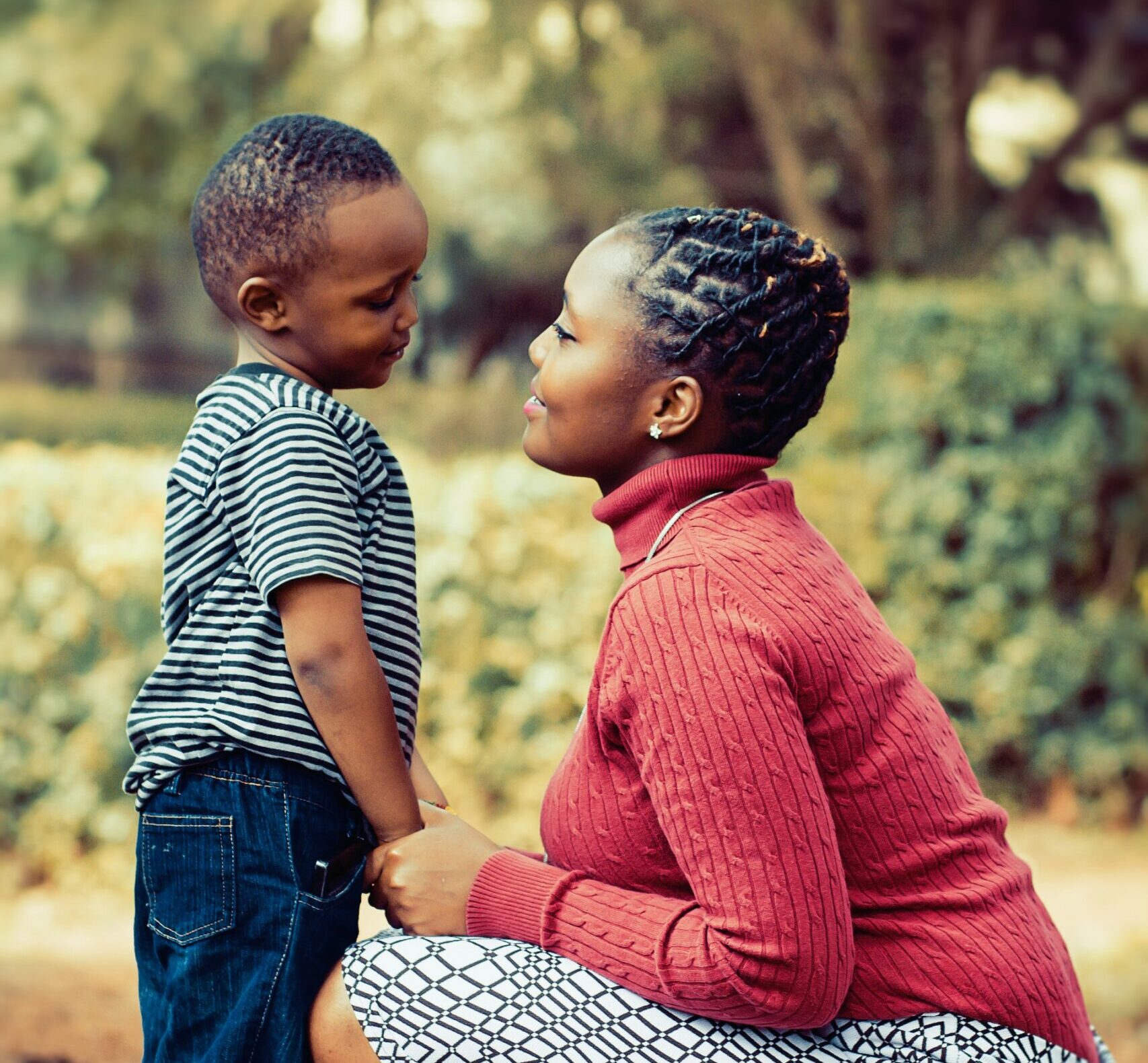Black Motherhood Takes Courage
Patrick Lyoya’s murder has sparked nationwide attention, with people demanding justice for the deceased and persecution for Christopher Schurr, the officer who killed Lyoya after firing a single gunshot to the back of the skull.
Lyoya’s Death
Lyoya’s story hits close to home to me for many reasons. When I first moved to the United States and settled in Grand Rapids, Mich., the city seemed mundane, conservative, and plain. I quickly became a part of a sparse but growing community of African immigrants who had come to the U.S to find a better life, so seeing Grand Rapids all over the news has been jarring. The most poignant part of following this tragic story has been seeing the searing pain in Dorcas Lyoya’s eyes from one publication to the next. As a Black immigrant mother, watching Dorcas’s face break out in tears as she mourns the loss of her son is gut-wrenching. In an article for The Hill, Dorcas says that she was “surprised and astonished” that her son was killed in America after they fled the war-torn Democratic Republic of Congo for a chance at a safer life in the United States. The irony of the tragedy is unfathomable.
Black Immigrant Motherhood
When I realized that I would be a mother to a Black boy, I was elated, but that joy was later followed by an eerie feeling of fear that lasted throughout my pregnancy. I spent long nights anxiously worrying about the future of my Black son, who would ultimately be born a first-generation American and become a part of a society where racism and police brutality were on a rampage. I birthed my son at the height of the George Floyd protests, one of the largest racial justice protests in the United States since the onset of the Civil Rights Movement. On the heels of Lyoya’s death, I am forced to again address the deep, firmly rooted fear that I have for my son’s future in a country callused toward racial reparation and Black lives. Unlike Dorcas, I don’t know the pain of losing your son, whom you thought you brought to America for a chance at a better life. Her reality is one that I was paranoid about right from the moment I knew I would have a son.
Different, But Alike
The death of Lyoya also points to a glaring reality: despite the tensions that often resurface between American Blacks and immigrant Blacks, the reality is that we are different but also alike. When Schurr pulled Lyoya over, he didn’t see a Black immigrant and decide to “go easy” on him; he saw a Black man. Just like Derek Chauvin saw a Black man when he killed Floyd. It doesn’t matter what “type” of Black a person is; prejudice does not favor one “type” of Black over the other, and historically, this has proven to be true. The murder of Amadou Diallo, an unarmed 23-year-old student from Guinea who was shot 41 times by four New York City Police Department plainclothes officers, is a classic tragedy that eerily echoes an undeniable pattern. Police brutality has always been alive and well, and the primary targets have always been Black men. Like clockwork, unarmed Black men lose their lives, and the same scenario always plays out: the murderer goes unscathed, and a grieving mother’s heart stays broken.
Raising a Black Son
Black mothers who have lost their sons to this menace have always been left to pick up the pieces after their sons have passed away. As I type this, a poignant image flashes in my mind of Emmett Till’s mother crying over her son’s open casket. For many Black mothers who have lost their sons unjustly at the hands of racially-charged violence in a system that fails to hold those responsible accountable, hope can seem like an uphill battle.
As a Black boy mom, I now know that raising a Black son in America takes real courage. I struggle with the principles that I will soon have to teach him pretty quickly, but it feels like I am at an impasse. How do I teach him to approach persisting themes like racism, law enforcement and prejudice? How best do I teach him to be polite yet guarded about the law. What is the best way to impart in him respect for the law and law enforcement, but also impart in him a dose of cynicism because he is Black in a society that is often lawless towards Black men or Black people? It seems as though many dichotomies exist when it comes to raising a Black son.
Looking Ahead
At four months old, my son had already experienced his first dose of racism at the hands of a daycare center that would not enroll him. Now, my fear for his future has only intensified a fierce desire to protect his life at all costs; however, the grim reality is that I won’t always be around to shield him from the blows of life that he has been naturally predisposed to. I don’t know if Dorcas ever feared for Lyoya’s life as a Black man, and my heart aches for her and many other Black mothers across this nation who have had to face the unforgettable grief of losing a son.
As I look towards the future of raising my Black son, I am melancholic, guarded and slightly jaded. However, in spite of these sentiments, I also have a sliver of unsnuffed hope. I wish Black mothers never had to worry about the lives of their Black sons, but I would be remiss and naive to say that the trepidation that mothers have about their Black sons isn’t valid. I think that is what will get me and any other Black boy mom through.
